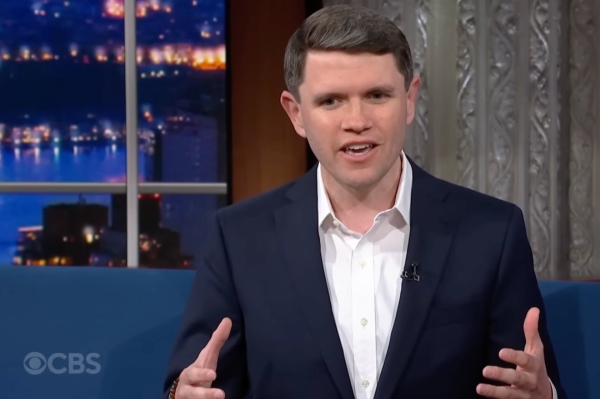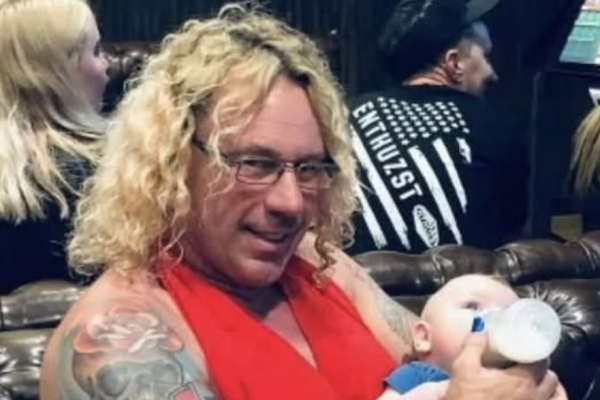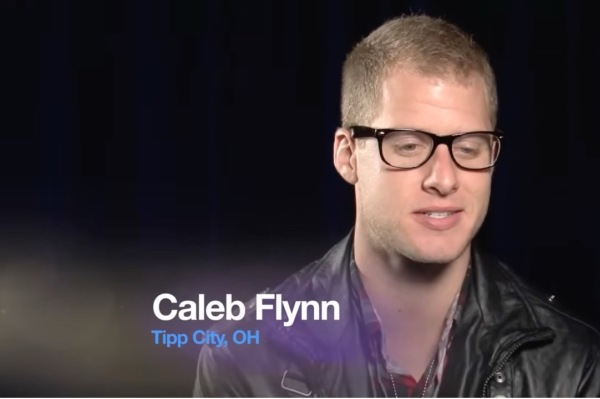White House Faith-Based Council Unchanged; Questions Linger
WASHINGTON – It has been nearly seven months since the White House's faith-based advisers concluded their work with the release of a report of recommendations. But no new advisory council members have been named and the critical question surrounding the reformation of the faith-based office has yet been resolved.
In March, President Obama congratulated his Advisory Council on Faith-Based and Neighborhood Partnerships on the close of its 2009-2010 term. Now, six months later, board members are still waiting for the names of their replacements.
According to Noel Castellanos, one of the 25 members who served on the council upon its inception, last year's board has not yet been "terminated" and is still officially the present board.
As announced last year, the board consists of members from religious and multicultural entities. and includes well-known figures such as Richard Stearns, president of World Vision United States; the Rev. Larry Snyder, president and CEO of Catholic Charities USA; Judith Vredenburgh, president and CEO of Big Brothers Big Sisters of America; and Castellanos, CEO of Christian Community Development Association. The members were sworn into the faith-based office in 2009 and each given one-year terms.
Castellanos told The Christian Post that he was recently informed by office officials that they are still looking at names.
"Last week, they said that they are still vetting [board members]," he reported.
Shin Inouye, White House director of specialty media, confirmed on Tuesday that new council members have yet been named.
Inouye did not explain the reason behind the delay, saying only that they "hope to have an update in the near future."
As for the board's recommendations, Castellanos said he was informed over the phone that they are still being considered. The 176-page document gives more than 60 recommendations about how the administration can collaborate with the faith community on everything from social issues to international perception.
According to Inouye, the administration is following up on the board's recommendations.
"About half of the recommendations have been implemented or are starting to be implemented," he said.
A public announcement in July from the faith-based office indicated that panel discussions, task forces, and talks around the fatherhood, interreligious and global poverty recommendations have taken place.
The announcement also stated that the faith-based office has held "multiple meetings with the broader Domestic Policy Council and the White House Counsel's Office" about the board's recommendations to, among other things, clarify prohibited uses of direct federal financial assistance, state clearly the distinction between direct and indirect aid, and equally emphasize church and state separation requirements and protections for religious identity.
Rod Boston, a senior policy analyst for Americans United for the Separation of Church and State, believes the controversial faith-based hiring policy is at the heart of the reform effort. Obama promised as a presidential candidate that he would end the Bush policy that allows federally funded religious groups to consider an applicant's religion when hiring or firing. To the relief of religious groups, Obama has so far kept the policy intact.
"It sounds like they (the Obama administration) are hoping the issue will go away," he stated.
However, the issue still stands. Boston and the Rev. C. Welton Gaddy, president of the Interfaith Alliance, are among those who oppose faith-based hiring.
"Religious organizations cannot have it both ways," Gaddy stated back in an August.
"Historically, religious entities have been protected from government regulations related to employment and other matters, but those religious organizations were not accepting federal money," he noted in a statement.
Several members on the faith advisory council, however, have argued in support of the hiring policy.
Though no faith-based social service provider receiving public funds should ever discriminate who they serve, there is a need for groups to "preserve" their religious identity, progressive evangelical leader Jim Wallis has contended. "To do what they do, faith organizations must maintain their identity."
Amid the debates, critics of the faith-based office are becoming impatient with the slow progress on internal reforms. Boston commented that the inactivity of the office is frustrating.
"I don't know what is going on in the faith-based office," he said. "It would be helpful [if] the Obama Administration opened up the process."
First established in February 2009, the White House Office of Faith-Based and Neighborhood Partnerships' stated mission is to work on behalf of Americans committed to improving their communities, no matter their religious or political beliefs. The 25-member Advisory Council, established in tandem with the new office, is composed of religious and secular leaders and scholars from different backgrounds.





















